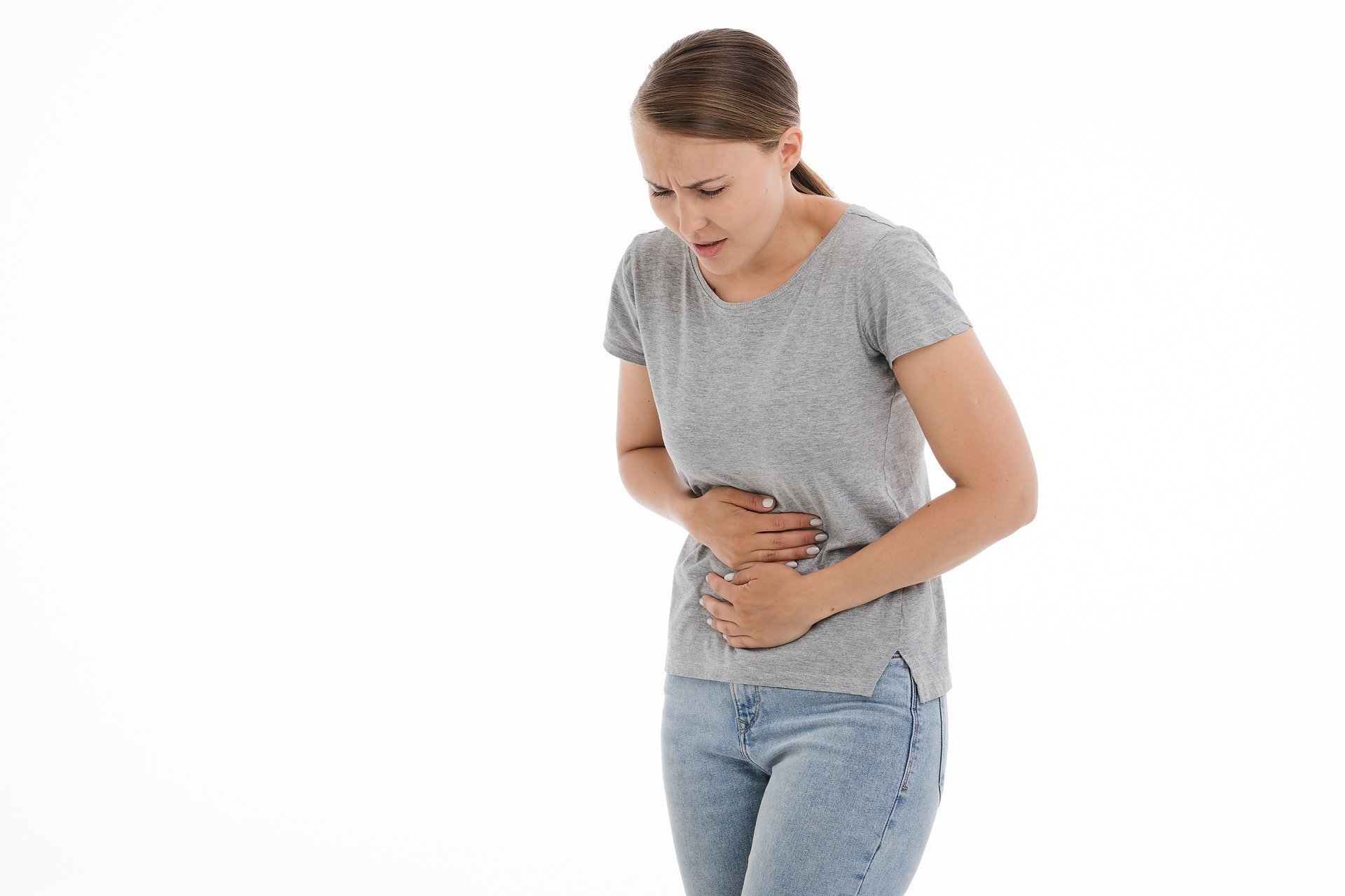Endometriosis y Síntomas Gastrointestinales.. ¿Un enlace?

Endometriosis and Gastrointestinal symptoms |
Located in Endometriosis (click link to see other articles).
Did you know that Gastrointestinal (GI) symptoms are as common as gynecological symptoms in women with endometriosis? Over 90% of women diagnosed with endometriosis initially present with GI symptoms. Bloating is the most common presenting symptom, and is typically reported by 83% of women with endometriosis[i]. In addition to bloating, other GI symptoms, including diarrhea, constipation, painful bowel movements, nausea, and/or vomiting, are also common in women with endometriosis. It is interesting to note that GI symptoms are often independent of location of endometriosis lesions in relation to the bowel. This means that you can have GI symptoms without endometriosis actually infiltrating into the bowel. In other words, your endometriosis lesion(s) may be close to your bowel but not necessarily be on your bowel[ii]. It is nonetheless important to remember that for some women, endometriosis can infiltrate the bowel, distort intestinal anatomy, or alter normal bowel physiology, which can lead to constipation, bloating, painful bowel movements, diarrhea, nausea, and vomiting.
Complicating matters, endometriosis can present primarily with cyclical bloating and altered bowel habits indistinguishable from Irritable Bowel Syndrome (IBS)[iii]. Many women seek help from a gastroenterologist and are diagnosed with Irritable Bowel Syndrome long before they seek help from a gynecologist. Here’s a typical and unfortunate scenario: a young woman suffers from constipation and bloating. What does she do? She schedules an appointment with a gastroenterologist. What happens? She undergoes an upper GI endoscopy and colonoscopy, both of which find no identifiable gastrointestinal abnormalities and is subsequently labeled as suffering from IBS.
Has this happened to you?
Despite treatments from their gastroenterologist for IBS, women rarely get better. That’s because endometriosis is the cause of their IBS symptoms. It is therefore critical to establish the diagnosis of endometriosis in order to effectively relieve the GI symptoms.
Many women with endometriosis also suffer from Small Intestinal Bacterial Overgrowth (SIBO). The association of SIBO and endometriosis probably occurs from systemic inflammation. SIBO is a common condition, albeit an under-recognized cause of gas, bloating, diarrhea and abdominal cramping. Studies suggest that as many as 50-75% of patients with IBS have SIBO. Since so many women diagnosed with IBS have SIBO, it makes sense to look for it in women with endometriosis. It’s easy to diagnose. Just ask your gastroenterologist to order a Lactulose-Hydrogen breath test. It is not an invasive test and often can be done in your gastroenterologist’s office. This test measures hydrogen and methane gas levels once lactulose, a harmless alcohol-sugar, is given orally; elevation of these gases in the breath suggests bacterial overgrowth. The overgrowth can accompany inflammatory conditions such as endometriosis, interstitial cystitis, chronic stress and many more conditions beyond the scope of this article. The initial treatment of choice is Xifaxan, a non-absorbed antibiotic with rare (if any) side effects taken 3 times a day for 14 days, as well as dietary changes to decrease processed foods, complex carbohydrates, and foods high in simple sugar. Treatment is not a cure and many patients do require subsequent or adjunctive courses of antibiotics. To determine if SIBO is eradicated, some gastroenterologists may repeat the breath test about a month later or simply administer another combination of antibiotics.
It is important to remember that while treatment for SIBO involves antibiotics and dietary changes, endometriosis is treated with medical management and/or surgical excision of endometriosis lesions. Make sure that your endometriosis is treated properly. Visit my website www.nygyn.com or www.nycrobotic.com for much more information so you can be an informed patient. Endometriosis must always be considered in the differential diagnosis of women with GI symptoms. After reading this article, it is my hope that you can find improvement in your GI symptoms.
[i] Maroun P, Cooper MJW, Reid GD, Keirse MJNC. Relevance of Gastrointestinal Symptoms in Endometriosis. Australian and New Zealand Journal of Obstetrics and Gynecology 2009; 49: 411-414
[ii] Malin E, Roth B, Ekstrom P. Gastrointestinal symptoms among endometriosis – A case cohort study. BMC Women’s Health (2015)
[iii] Luscombe GM, Markham R, Judio M, Grigoriu A, Fraser IS. Abdominal Bloating: An Under-Recognized Endometriosis Symptom. J Obstet Gynecology Can 2009:31(12): 1159-1171.